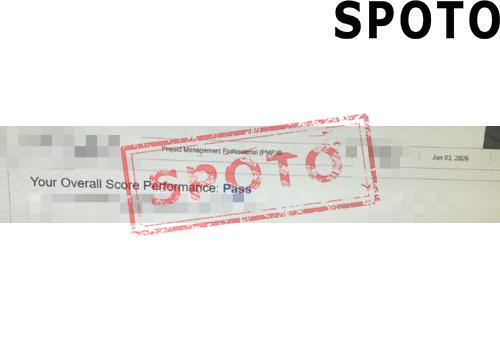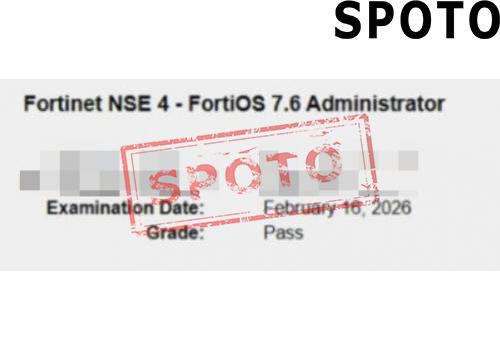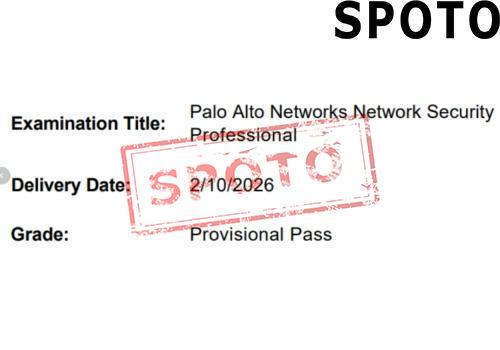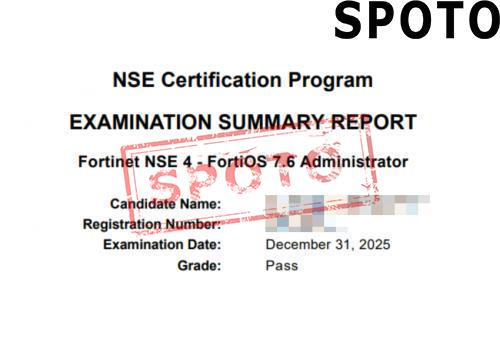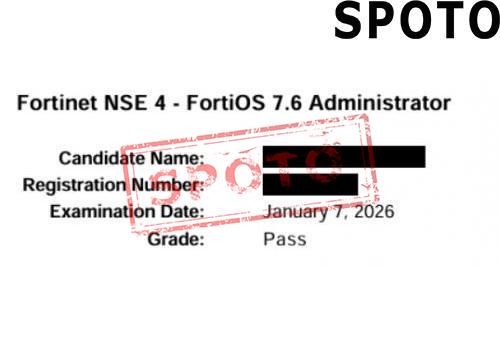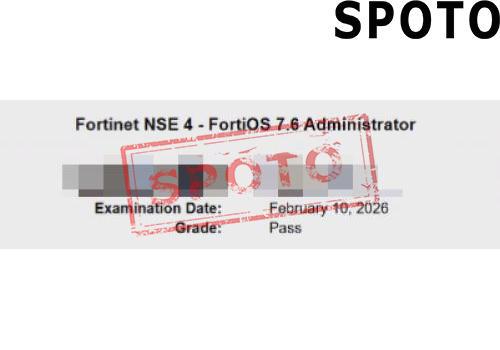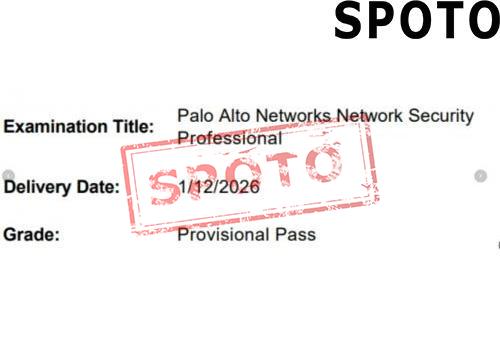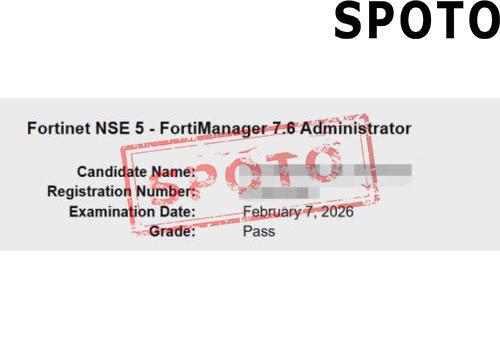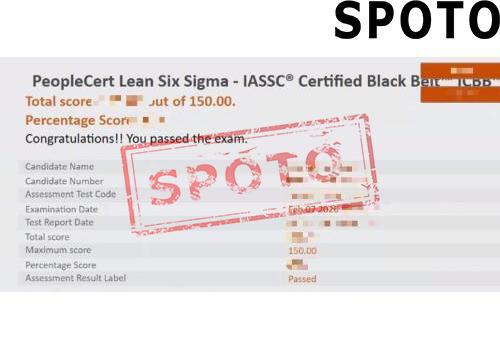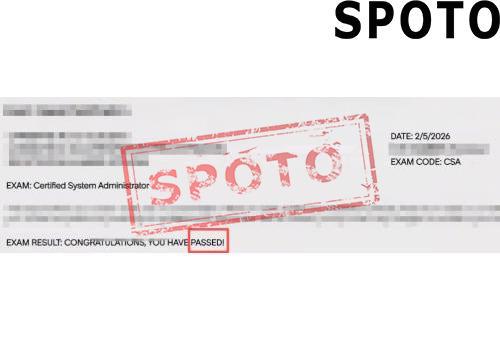
Table of Contents
In today's globalized business environment, effective supply chain management has become essential for enterprise competitiveness. With shorter product life cycles and diverse customer demands, companies must rely on efficient supply chains to ensure timely product and service delivery. However, global supply chains face unprecedented challenges, including political instability, economic fluctuations, natural disasters, and technological changes. These factors increase the complexity of supply chains and place higher demands on supply chain management professionals.
Against this backdrop, there is a growing need for skilled supply chain management talent. Companies seek professionals who can understand and optimize supply chain processes, reduce costs, improve efficiency, and respond effectively to market changes. These individuals not only require in-depth theoretical knowledge but also practical experience and professional certifications to demonstrate their competence and expertise.
The Certified in Production and Inventory Management (CPIM) certification is a globally recognized professional qualification in the field of supply chain management. This certification not only represents an individual's professional standing in the supply chain domain but also serves as an important reference for companies when selecting and developing supply chain management talent.
I. CPIM Certification Overview
The CPIM (Certified in Production and Inventory Management) certification is a professional qualification offered by APICS (American Production and Inventory Control Society). It focuses on the field of production and inventory management, aiming to validate an individual's expertise and skills in supply chain management, production planning, inventory control, material management, and related areas. The CPIM certification is one of the most prestigious qualifications sought after by supply chain management professionals worldwide, representing the highest industry standard.
The value of CPIM certification:
For individuals, the CPIM certification not only enhances their professional profile and increases opportunities for career advancement, but also leads to higher salary levels and greater job satisfaction.
For businesses, having CPIM-certified employees means having a more efficient and professional supply chain management team that is better equipped to respond to market changes and improve overall operational efficiency.
Ⅱ. CPIM Exam Overview
To earn your CPIM certification, you must pass the CPIM exam covering 8 modules of content.
Exam Question Type: The CPIM 8.0 exam consists of 150 questions, of which 20 are test questions (no marking).
Exam Time: 3.5h
Exam Fee: $1215 (Members) / $1690 (Non-Members)
Passing Score: 350 points out of 300, and 300 points or more is passed.
Exam Topics:
- Module 1: Align the Supply Chain to Support the Business Strategy
- Module 2: Conduct Sales and Operations Planning (S&OP) to Support Strategy
- Module 3: Plan and Manage Demand
- Module 4: Plan and Manage Supply
- Module 5: Plan and Manage Inventory
- Module 6: Plan, Manage, and Execute Detailed Schedules
- Module 7: Plan and Manage Distribution
- Module 8: Manage Quality, Continuous Improvement, and Technology
Exam prerequisites:No formal prerequisites
Fast-Track Your CPIM with SPOTO - Certify Today!
III. CPIM Certification Exam Registration Process
Step 1: Sign up for an ASCM account
Candidates need to register on the ASCM (Association for Supply Chain Management) official website to obtain an account ID. If you already have an ASCM account, you do not need to register again.
Step 2: Purchase ASCM Membership (optional)
From 2014 onwards, all ASCM certification exam-related products are priced based on membership status. If you purchase an ASCM Premium Membership ($199), you can enjoy a discounted rate for the CPIM exam ($1215 for members vs. $1690 for non-members).
Step 3: Purchase Exam Credits
Candidates need to purchase Exam Credits to schedule the CPIM exam. After payment, the voucher will be added to your ASCM account.
Step 4: Activate the Exam Voucher
Candidates must activate the exam voucher on the ASCM website. Once the activation is successful, you can choose to schedule your exam now or at a later date.
Tips:
- The exam voucher is valid for 6 months after activation.
- Candidates must activate the exam voucher before it expires, as it will become invalid after the expiration date.
- Exam appointments can be made within 6 months of voucher activation.
Step 5: Book a Test Center, Date, and Time
Once the voucher is activated, candidates can reserve a specific test center, date, and time on the Pearson VUE website, which is the third-party test provider.
Ⅳ. Continuing Education Post-Certification
In the fast-paced supply chain landscape, continuing education is essential to keep professional qualifications cutting-edge and relevant. The CPIM (Certified in Production and Inventory Management) certification, as the gold standard in supply chain management, requires not only a high level of expertise at the time of initial certification but also continuous learning and growth throughout one's career.
Certification Effectiveness and Continuing Education
The CPIM certification itself is valid for life, but the American Supply Chain Management Association (APICS) has set continuing education requirements to ensure that certification holders can keep up with the latest industry developments. These requirements help maintain the continued competitiveness and leadership of CPIM certification holders in their professional fields.
Continuing Education Requirements
CPIM certification holders are required to earn a certain number of Continuing Education Points (CEPs) during each two-year certification cycle. CEPs can be obtained through various activities, such as:
- Attending APICS-accredited courses, seminars, or webinars
- Engaging in professional work or projects related to supply chain management
- Publishing articles or participating in supply chain management research
- Participating in APICS or related industry association activities and volunteering
- Documentation and Reporting of CEPs
Certification holders must document their continuing education activities and report the earned CEPs to APICS, which provides an online system for tracking and managing the CEP requirements.
Consequences of Failing to Meet CEPs
Failure to meet the CEP requirements within the certification cycle may result in the status of the certification being compromised or even becoming invalid. Therefore, certification holders must prioritize continuing education to maintain their certification.
Renewing the Certification
To renew their certification, holders can either take an updated course with APICS or retake the exam, typically a few months before the end of the certification cycle.
Benefits of Continuing Education
Continuous learning not only helps certification holders maintain their certification status but also keeps them up-to-date on industry trends, technological advancements, and best management practices. Participating in continuing education activities is an essential part of professional development and personal growth.
Resources and Support
APICS offers various resources to support the continuing education of certification holders, including online courses, workshops, publications, and web resources. These resources help certification holders obtain the necessary CEPs and provide valuable learning and development opportunities.
By following APICS' continuing education requirements, CPIM certification holders can ensure that their professional knowledge and skills remain current, bringing ongoing value and growth to their careers.
Conclusion
Among the globalized and highly competitive business landscape, supply chain management professionals face unprecedented challenges and opportunities. The CPIM (Certified in Production and Inventory Management) certification is not only an affirmation of an individual's professional abilities but also a powerful tool to propel career development.
We encourage all professionals interested in pursuing a career in supply chain management to consider obtaining the CPIM certification. Whether you are just starting out in the workforce or a seasoned expert seeking a breakthrough in your career, the CPIM certification provides the necessary knowledge, skills, and resources to help you succeed.
By earning the CPIM certification, you can differentiate yourself in the job market, command higher salaries, and contribute to the success of your organization. Investing in your professional development through the CPIM program is a strategic step towards achieving your career goals and positioning yourself as a leader in the dynamic and evolving world of supply chain management.
